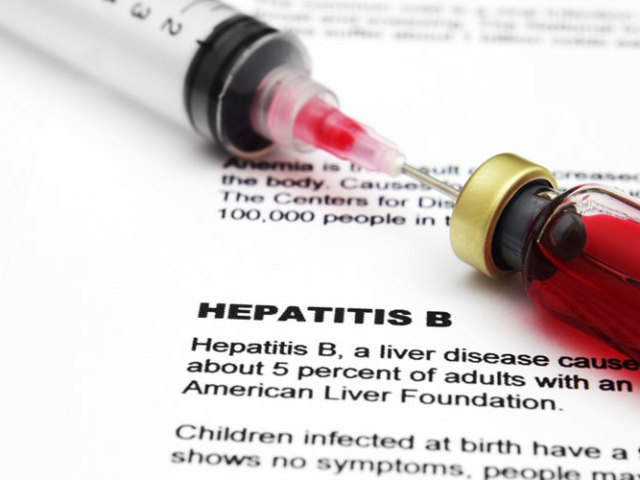Hepatitis disease is a sufficiently serious problem. In order to protect yourself, timely vaccination is important.
Content
- Hepatitis B vaccination: who is being done?
- Hepatitis B vaccination: how many times in life do children make?
- Hepatitis B vaccination: where are children and adults?
- Hepatitis B vaccination - who does not need vaccination: the rules for vaccination
- Hepatitis B vaccination: adverse reactions and contraindications
- Hepatitis B vaccination: which vaccine to choose?
- Safety and effectiveness of hepatitis B vaccination
- Video: vaccination against hepatitis in
Hepatitis B - one of the most dangerous diseases, the consequences of which remain for life - either in the form of a chronic course of the disease, or, in particularly severe cases, turning into oncological. The best protection against hepatitis B is the reduced vaccination, after which protective antibodies are produced in the body.
Hepatitis B vaccination: who is being done?
- Hepatitis B vaccination is carried out by newborn children During the period in the hospital, since the baby’s immunity has not yet been developed and there is a risk of infection.
- With constant overflow The patient of blood preparations.
- In the presence of a patient or carrier of the virus in the family, each of the family members must be vaccinated.
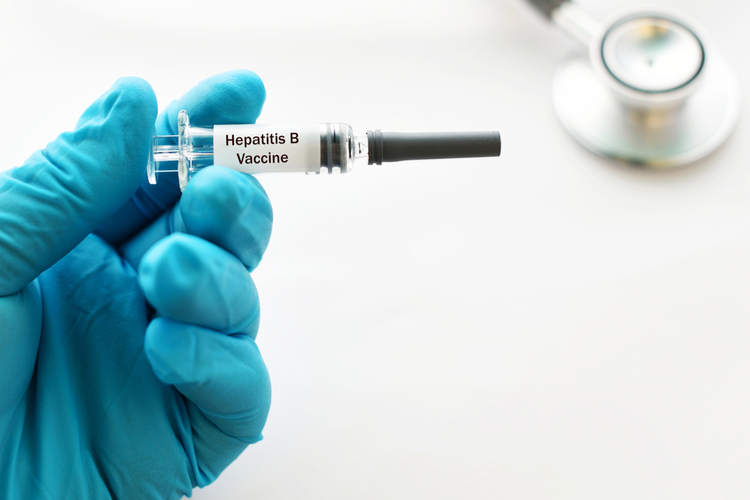
- In the presence of contact with the blood of a person patient with hepatitis.
- Medical workers, employees of clinical laboratories, students of medical universities, colleges, schools.
- In preparation for a planned operation, if the patient is not vaccinated.
- ChildBorn from a mother who is sick or is a bearer of the virus.
- Pupils of boarding schools and orphanages.
- When leaving for places dysfunctional in relation to the incidence of hepatitis B.
Hepatitis B vaccination: how many times in life do children make?
- First hepatitis in hepatitis in held baby on the first day of lifethen again three times Until reaching the year (per month, six months and a year). This is a standard generally accepted vaccination scheme for healthy children.
- If the child is on hemodialysisvaccinations are also made four times, in between treatment courses, with constant control of blood tests. The first two vaccinations are carried out within one month, then based on the indications. After two months after the fourth vaccination was made, the revaccination.
- At the birth of a baby from a chilled mother (or carrier of the pathogen), a vaccine is done at birth, then per month and two, and then at the age of age. Upon reaching the age of 13, the child should be vaccinated yet three times for six months.
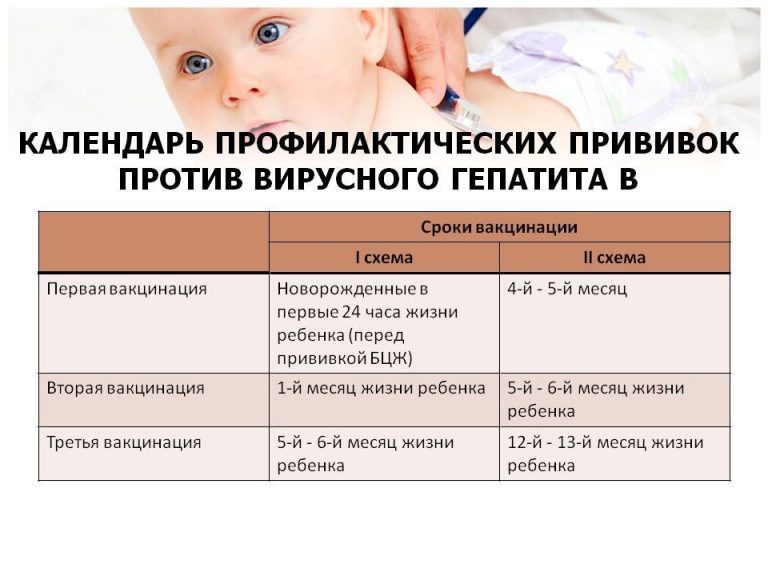
- Jaundice of newborns It is not hepatitis in the direct sense, but is explained by insufficient excretion from the blood of bilirubin, since the baby’s liver cannot remove it completely. The yellow color of the skin in such cases is replaced by natural for 2-3 weeks without any additional measures.
- Concerning hepatitis vaccination in newborn It is carried out by the usual course and does not have any negative effect on the liver of the newborn.
Hepatitis B vaccination: where are children and adults?
- Hepatitis in hepatitis in childrenintroduced intramuscularly into the thigh, since this is a convenient place for manipulations if a reaction occurs.
- For teenagers and adults the place of introduction hepatitis in vaccinations The deltoid muscle is. The vaccine cannot be introduced into the gluteal region, since there is a risk that it will not fall into the muscle, as well as the danger that the sciatic nerve can be affected.
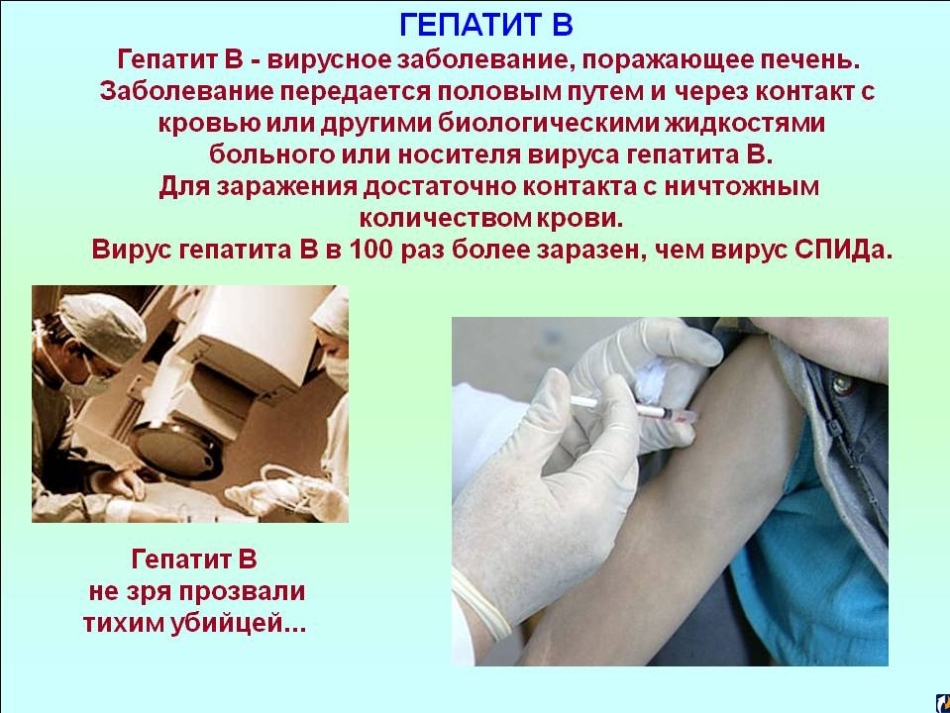
Introduced in the buttock Hepatitis in hepatitis in It is not subject to registration, therefore it is carried out again in compliance with all the rules of introduction.
Hepatitis B vaccination - who does not need vaccination: the rules for vaccination
- There should be no impurities in the bottle after it has been shook.
- The vaccine is not subject to freezing.
- Before conducting vaccination, it is necessary to take general urine and blood tests, as well as undergo a general examination of the therapist in order to make sure that the person is completely healthy.
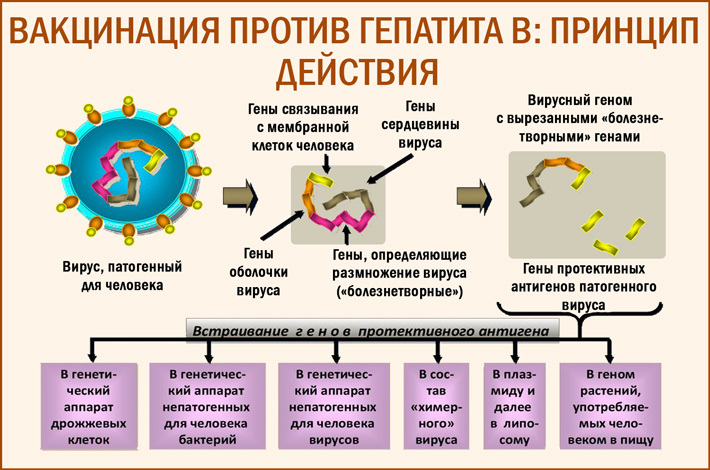
- Before vaccination and after it, for several days, you should not visit the places of mass accumulation of people. This applies to both adults and children.
- Bathing after hepatitis in vaccinations It is not forbidden, the only warning is not to rub the place of introduction of the vaccine.
- Do not avoid walks after vaccination, you just need to ensure that you do not be where there are many people.
- The use of alcohol and sharp dishes is excluded.
- To avoid the occurrence of allergic reactions that can be taken as a reaction to vaccination, children should not be given unfamiliar dishes or food shortly before vaccination or after.
- After vaccination, it is better to stay in the clinic for half an hour, so that in the event of a possible violent reaction to it, medical care is provided immediately.
They do not need additional protection against hepatitis B virus, who have already been ill or by the carriers of the antigen of the virus HBSAG. However, there will also be no harm to hepatitis B.
Hepatitis B vaccination: adverse reactions and contraindications
- Allergic reactions are possible primarily, up to quincke's edema, in case of intolerance to any of the components of the vaccine. Occasionally there are manifestations in the form of nausea, fever, pain in the abdomen and joints.
- Among local complications, the occurrence of seals or redness may occur in the area where the vaccine was introduced.

The occurrence of reactions was rarely recorded and it is mainly associated with improper storage or transportation of the vaccine, or with the patient violation of the recommended rules of conduct after the introduction hepatitis V. vaccinations
The introduction of hepatitis B vaccination is prohibited:
- People during the period of exacerbation of chronic disease, in the presence of acute infection until recovery occurs.
- Premature children until their weight is normalized. If chemotherapy sessions that contributed to the inhibition of the immune system were carried out, like any conditions in which immunodeficiency is observed: AIDS disease, during pregnancy, oncological diseases.
- It is also forbidden to carry out vaccination if the previous vaccine caused a significant allergic reaction.
Hepatitis B vaccination: which vaccine to choose?
- The most commonly used belgian drug "Angerix B"American HB-VAXLL, Israeli SCI-B-VAC. From domestic, recombinant and the same yeast vaccines are popular, Biovak-B.
- Also in clinics are offered for hepatitis in vaccinations Indian vaccine "Shanvak-B" Or Russian-Kubinskaya "Eberbiovak HB."
- Also, hepatitis B vaccination can be carried out along with combined drugs ADD or ADS-M, There is also a comprehensive vaccine, also directed against hepatitis A.
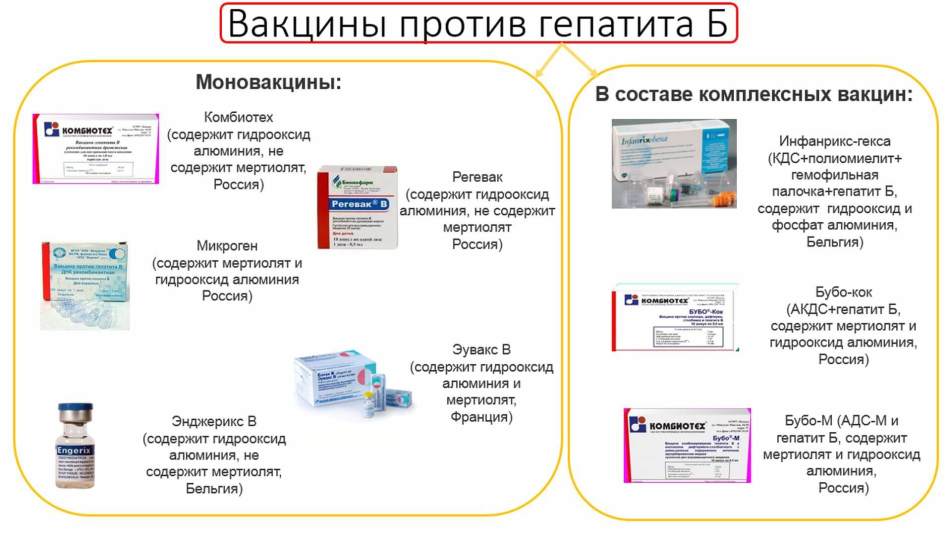
All these vaccines have passed the necessary tests and are recommended for use. In the case of an adverse reaction of the body, the next vaccination, the vaccine is recommended to be changed to another.
Safety and effectiveness of hepatitis B vaccination
Complete and timely vaccination in early childhood provides protection for the body over almost the whole life. That is why the vaccination calendar does not provide for planned revaccination from hepatitis B.
- Hepatitis in hepatitis in It is completely safe for any age category. Perennial observations of side effects prove their rare manifestation, which also proceeds in a lightweight form, shock reactions are extremely rare.
- Infection with hepatitis B As a result of the introduction of the vaccine, it is completely excluded, since it is not represented by the virus itself, but only a fragment of the shell, which is the basis for the formation of immunity to the disease.
- Security characteristics are confirmed by international experts. A vaccinated person is not a carrier of the pathogen and can be a donor.
Hepatitis B vaccination effectiveness
- 90% vaccinated people As a result of the full immunization scheme, complete immunity is obtained.
- Vaccinations contribute to a 30-time decrease in the incidence, mortality in the case of the disease decreases by 90%.
- The risk of hepatitis B in children who were born from those mothers who were carriers of the virus becomes 20 times smaller.
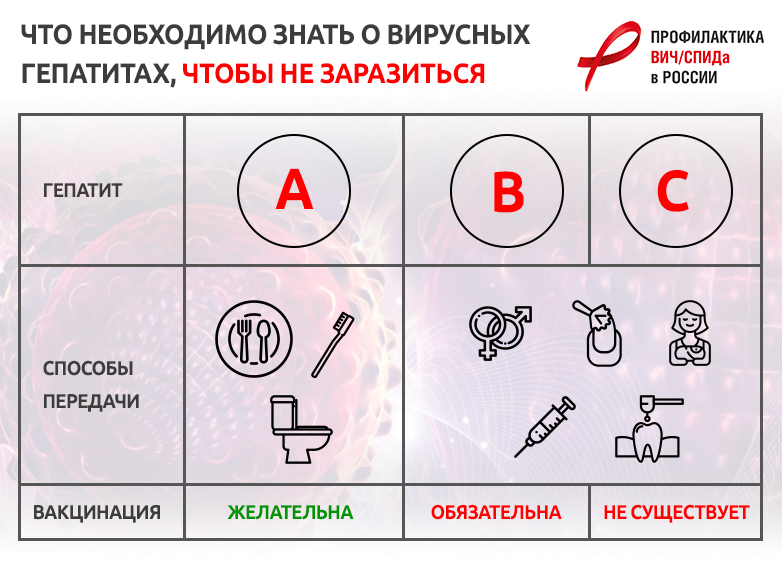
Note: taking drugs is not a contraindication for vaccination.

